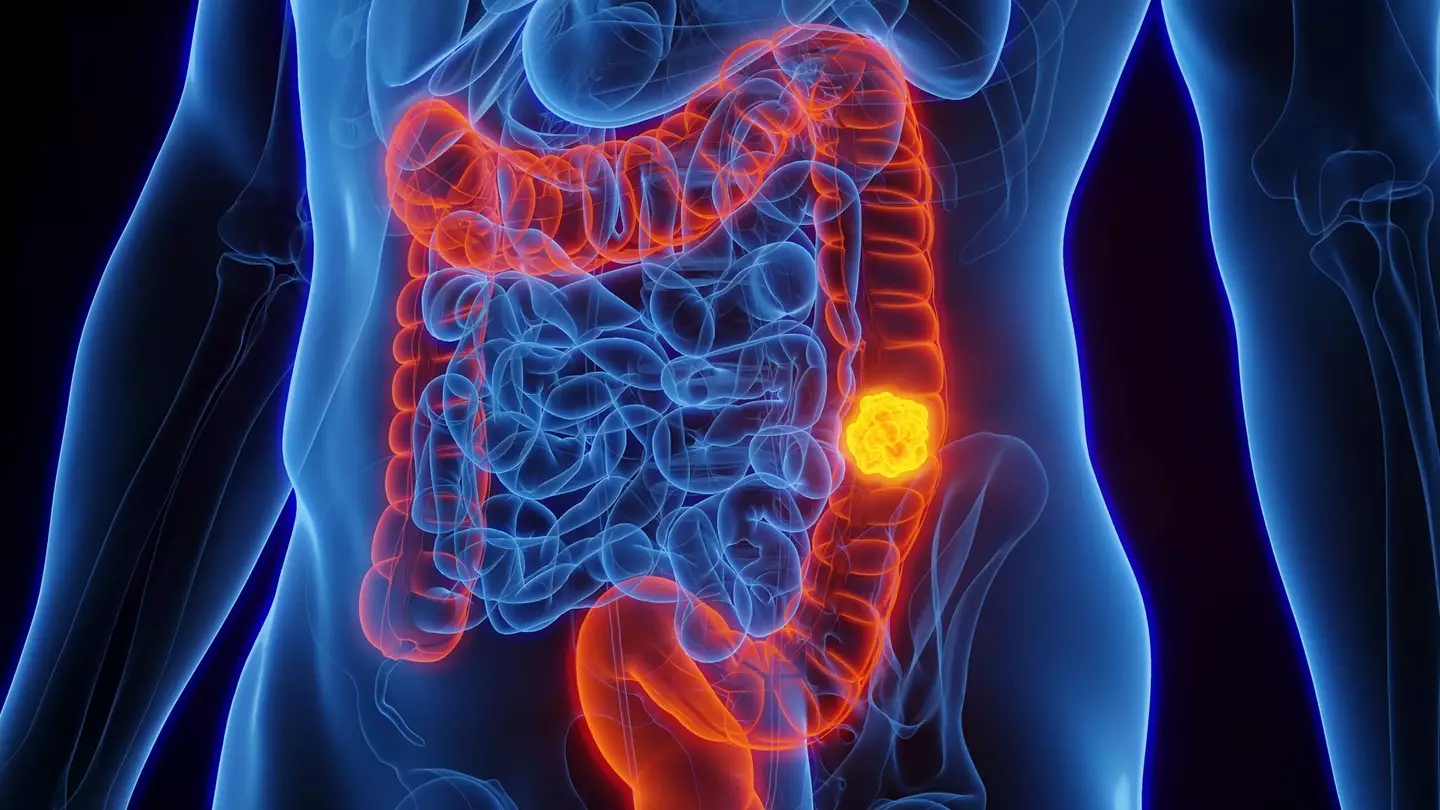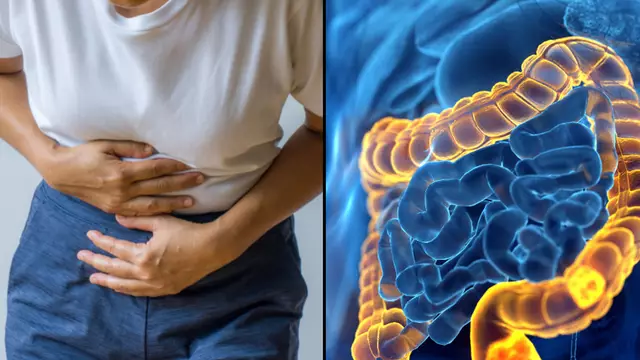A specific type of cancer is rising in numbers when it comes to younger people in the UK and experts have weighed in as to why it’s happening.
It’s incredibly important to get yourself checked if you believe that your health is failing, but what happens when you have a hard-to-spot cancer?
With a new study by Lancet sharing the latest data on the cancer type, it’s essential that we change some things to lessen our risk.

The Lancet study found a sharp rise across the world (Getty Stock Images)
The findings, which used population data until 2017, noted that early onset colorectal cancer is rising in young people.
Killing 17,000 people in the UK alone each year, it’s a major issue in the under 50s category.
What did the study find about colorectal cancer?
According to the study, the ‘cancer incidence rates are rising in 27 of 50 countries and territories examined, with the rise either exclusive to early-onset disease or faster than the increase in older adults in 20 of the 27 countries’.
The study found that the ‘steepest inclines’ in early cancer cases were found in Chile (4 percent), New Zealand (under 4 percent), Puerto Rico (3.8%) and England (3.6 percent).
It’s also been found to increase in cases in Canada and Germany too.
It shared that there is a new ‘need for intensified efforts to identify factors driving these trends and increase awareness to help facilitate early detection’.

The rise could be attributed to one main thing (Getty Stock Images)
Why is there a rise in colorectal cancer?
Simply put, it’s the western diet, according to Researchers from the American Cancer Society, who led the study.
They explained that the rise is spreading to areas where companies who make junk food are expanding, such as in poorer areas.
This then expands the ultra-processed-food diet, which has been linked to a number of serious health risks.
The study shared that colorectal cancer is the ‘third most commonly diagnosed cancer and the second leading cause of cancer death, responsible for more than 1·9 million new cases and almost 904 000 deaths in 2022 worldwide’.
While studies are continuing to figure out why younger people are being diagnosed more, experts believe that it’s dietary.
“The rise in early-onset colorectal cancer did appear to start in Western societies and lifestyles, and I believe that what we’re seeing now around the world is a reflection of these lifestyles, which have become more prevalent worldwide,” said Dr Marios Giannakis, an oncologist at Dana-Farber Gastrointestinal Cancer Center.
But it could also be down to lifestyle factors such as not exercising or smoking.
“When the environment we live in reduces the opportunities for exercise, the physical activity levels would be lower in industrialised environments compared to pre-industrial environments where people have to work and grow their food,” said Hyuna Sung, a study author.
The added: “All of those built environments and food environments that come with economic wealth — we think part of this increase in colorectal cancer is attributable to those changes.”
.jpg)
It’s all in the diet (Getty Stock Images)
What you can do to minimise your risk?
One of the easiest ways to reduce your risk is through your diet and lifestyle changes.
Sung shared: “I don’t think there’s a reason for us to be nervous, I think it’s a good opportunity for us to learn how we can improve our overall health.
“It’s not just about cancer; if you change your behaviours to be more healthy, that will change and reduce your risk of other diseases, such as hypertension, diabetes and obesity, in the future.”

There are several symptoms to look out for (Getty Stock Images)
What are the signs of colorectal cancer?
The NHS notes that potential symptoms include changes in your poo such as it becoming softer or experiencing constipation.
Having blood in your poo is also another sign or feeling like you need to go to the toilet more frequently.
Losing weight without a clear reason as to why or feeling very fatigued without having performed anything tiresome, is another cause for concern.
If you’ve been having these symptoms for three weeks or more you should book to see a doctor.



